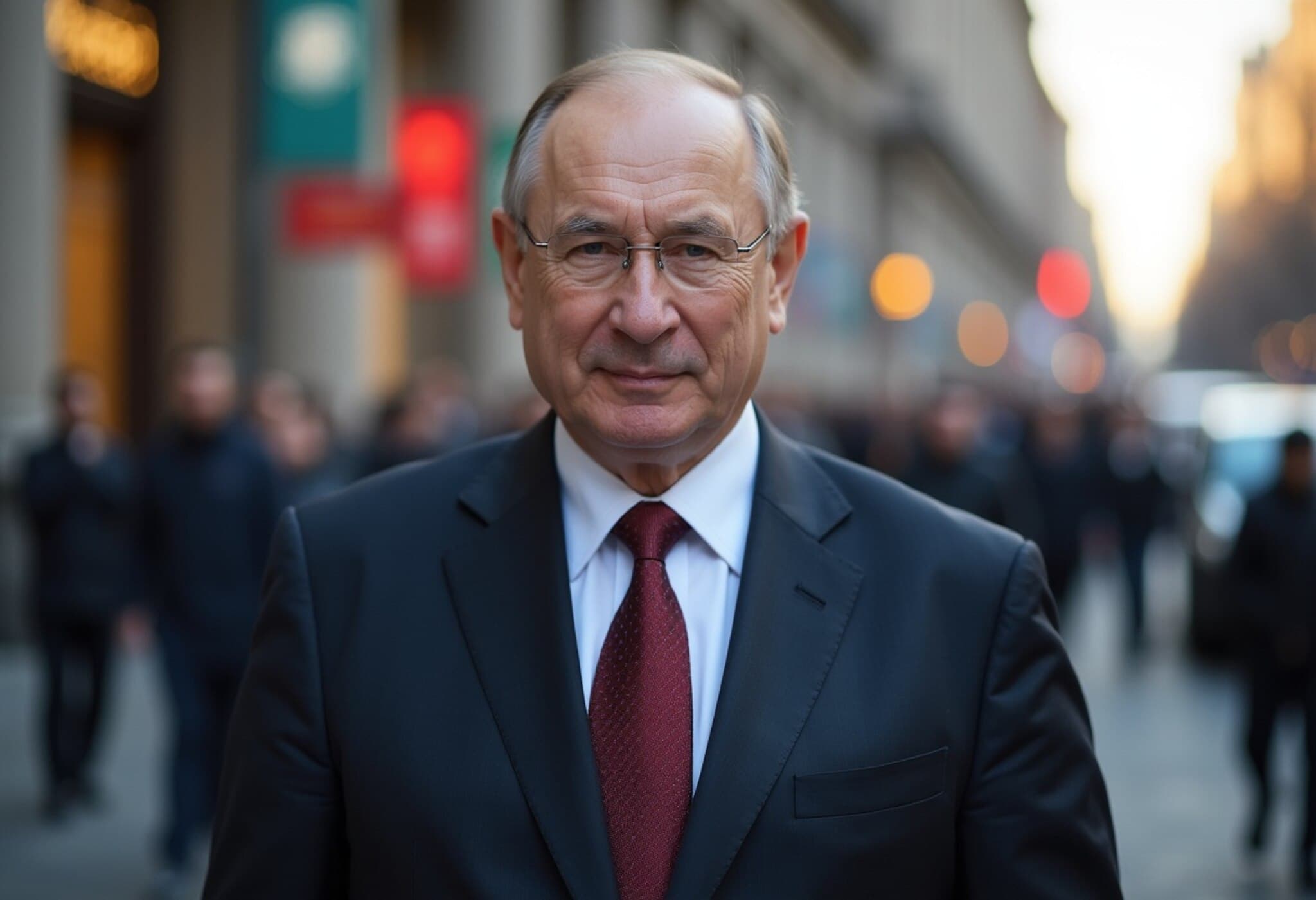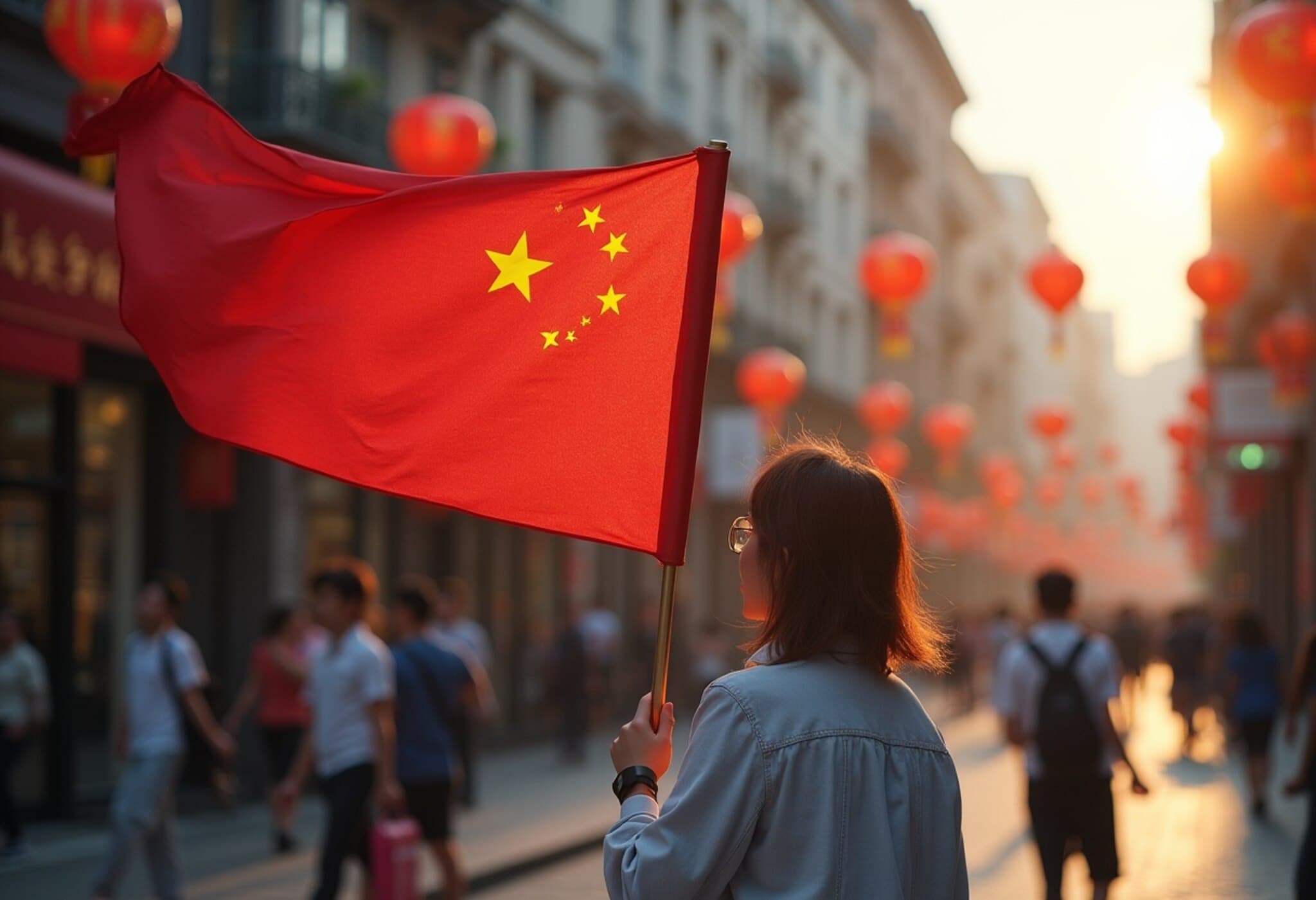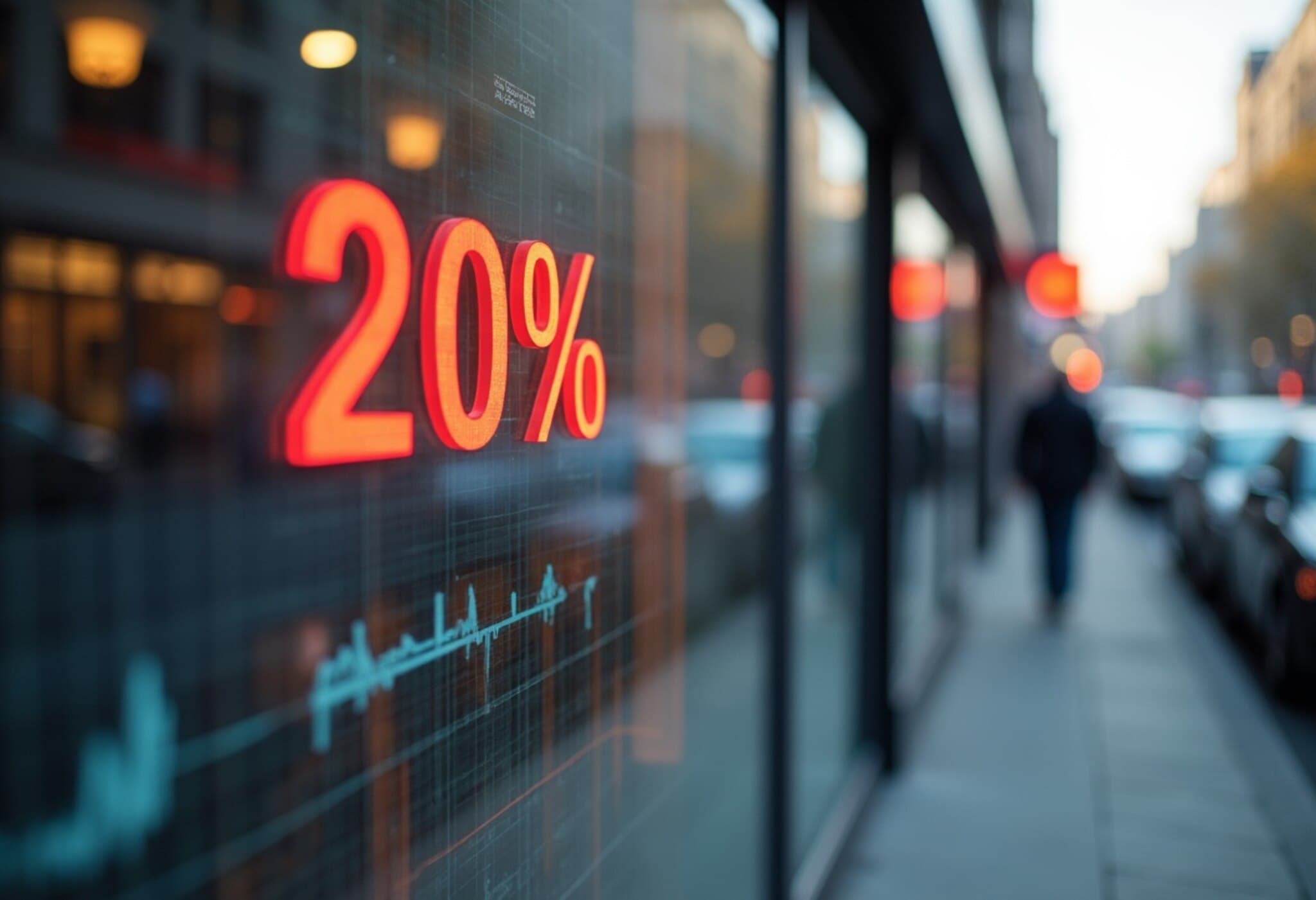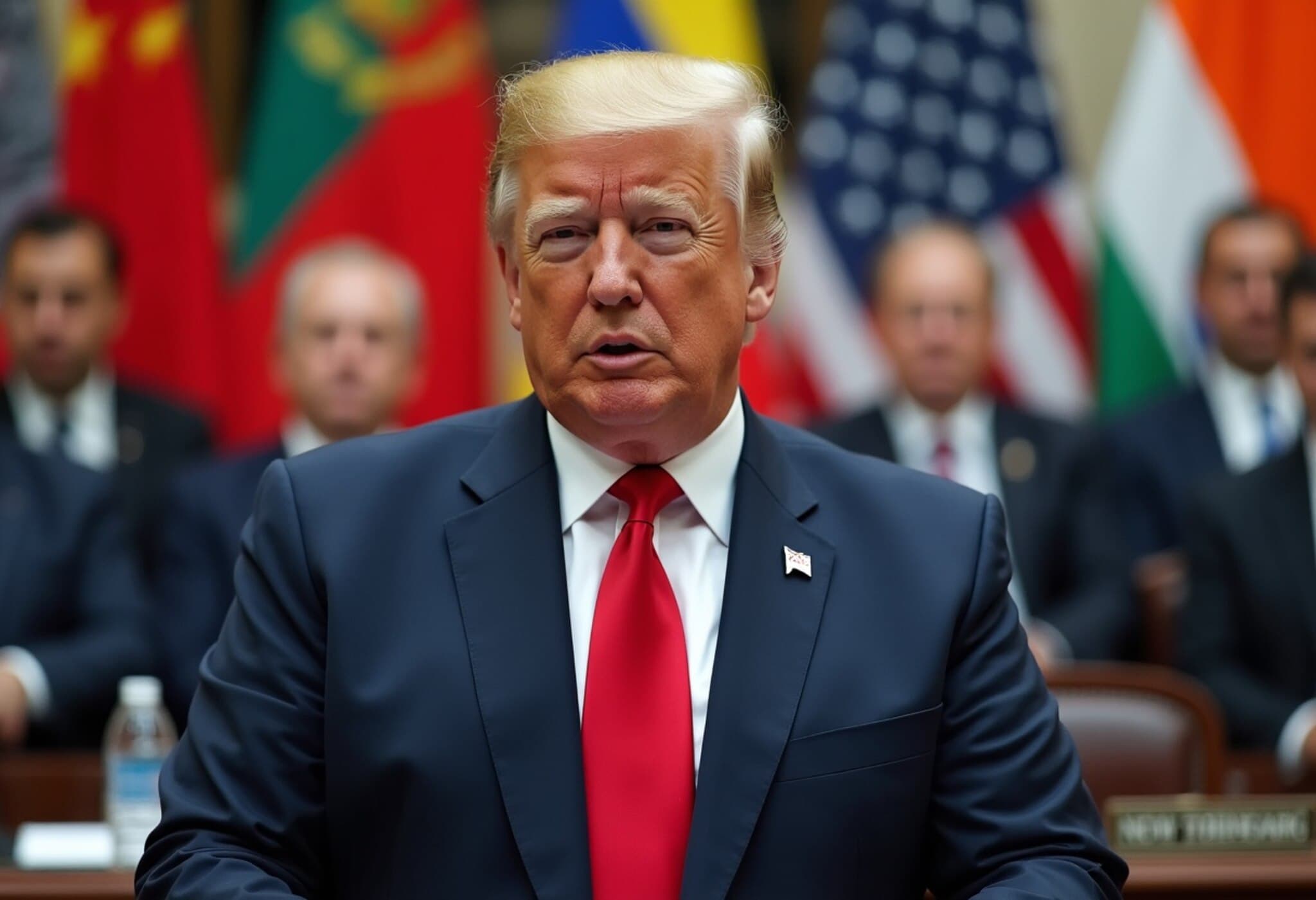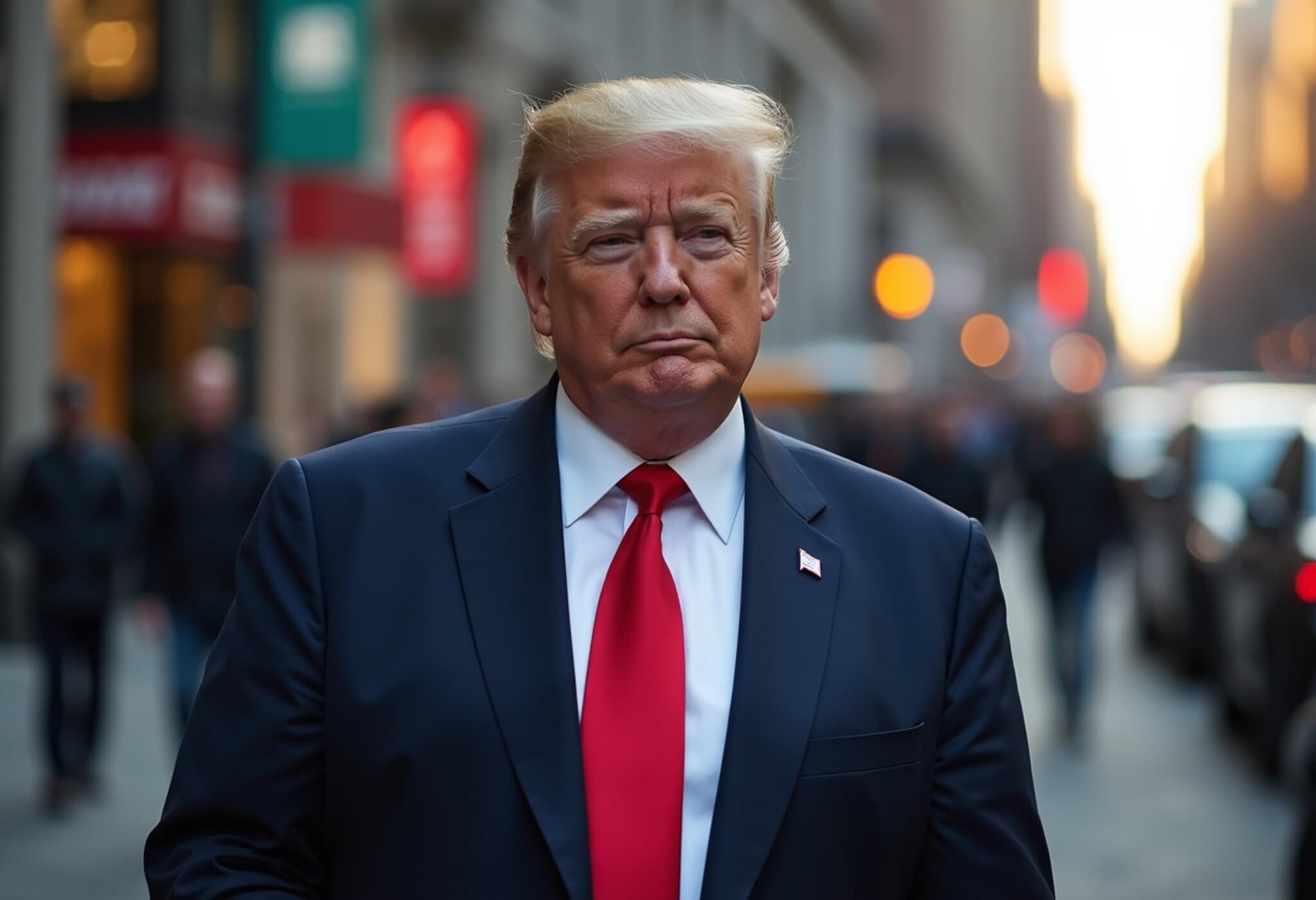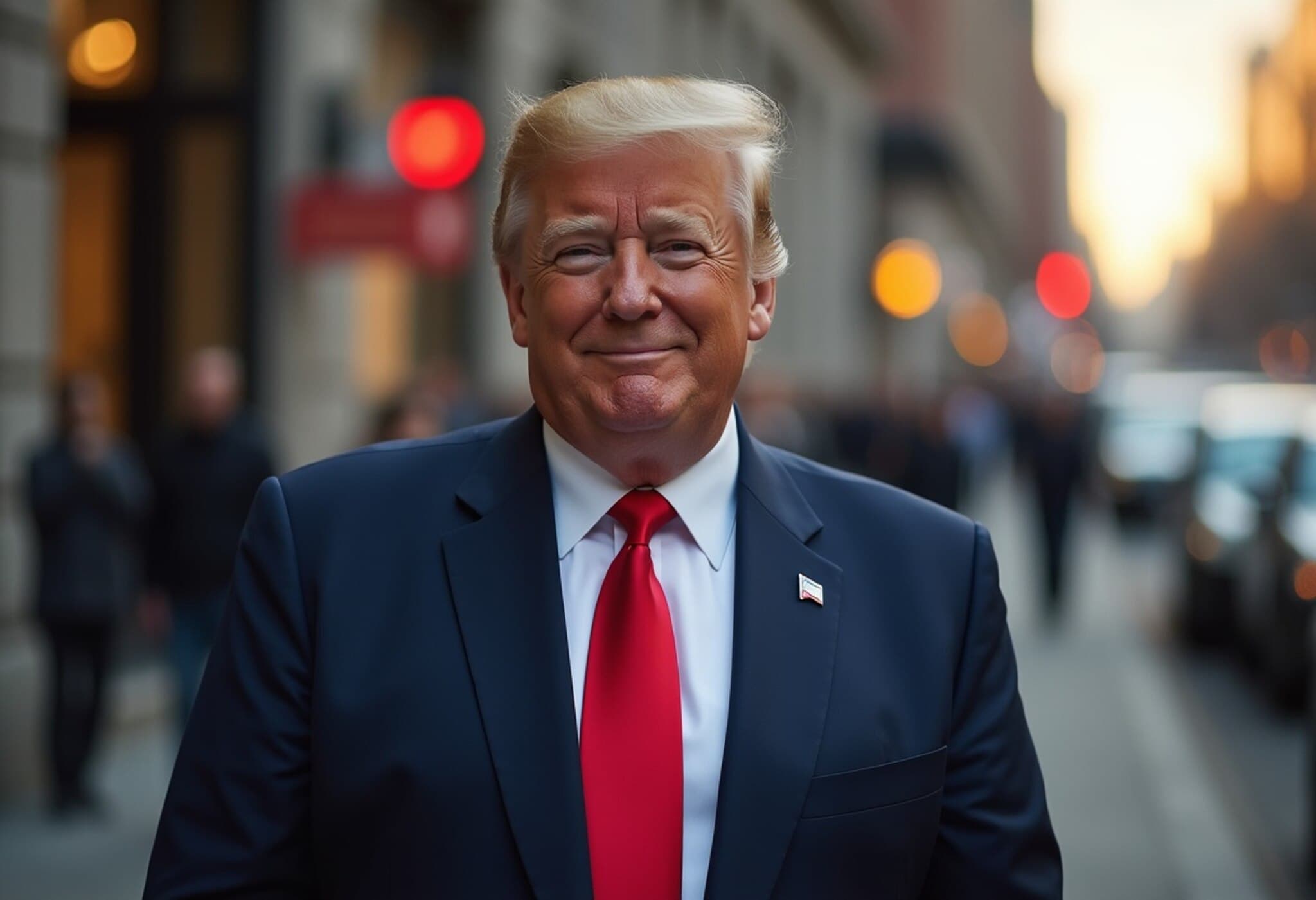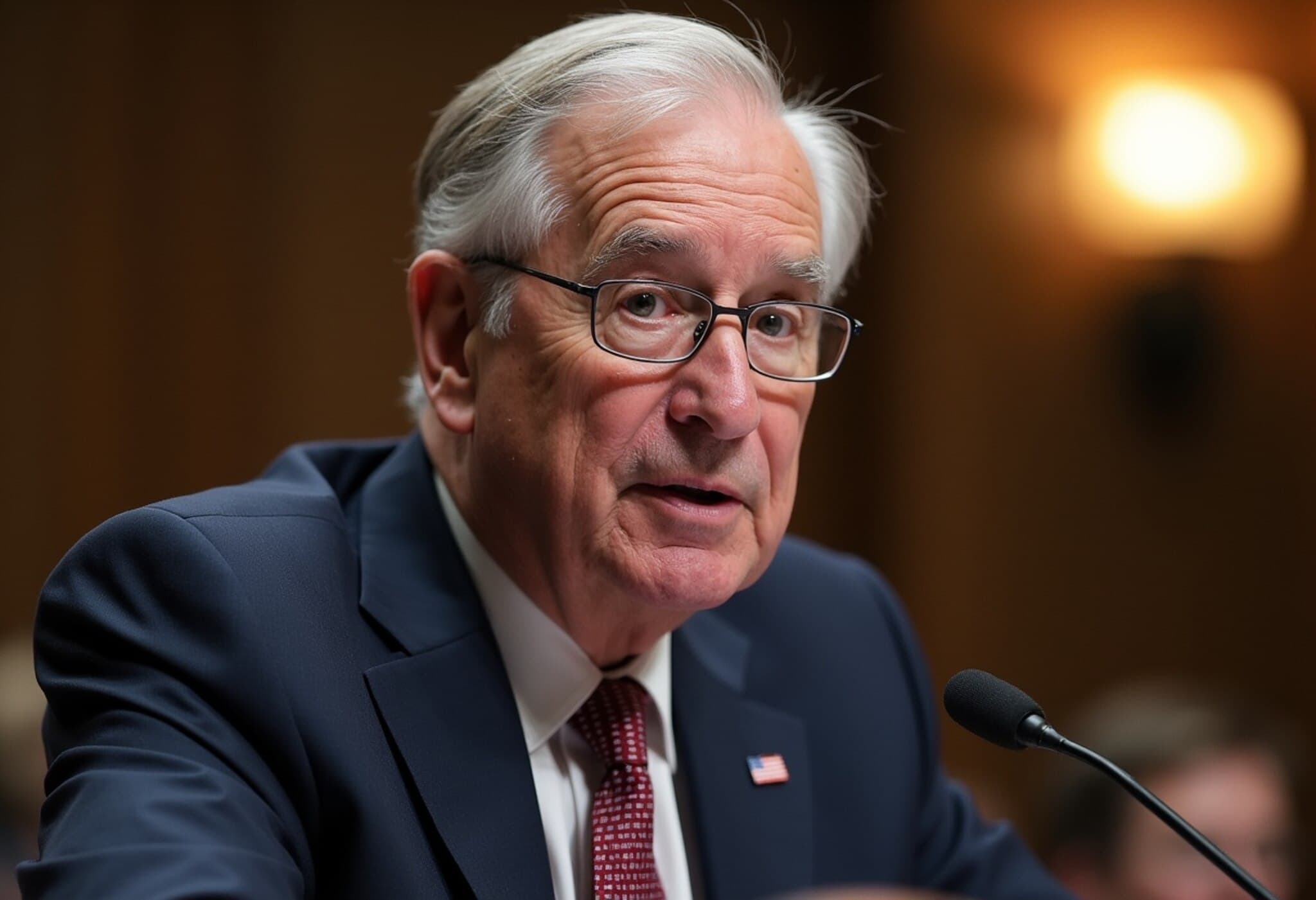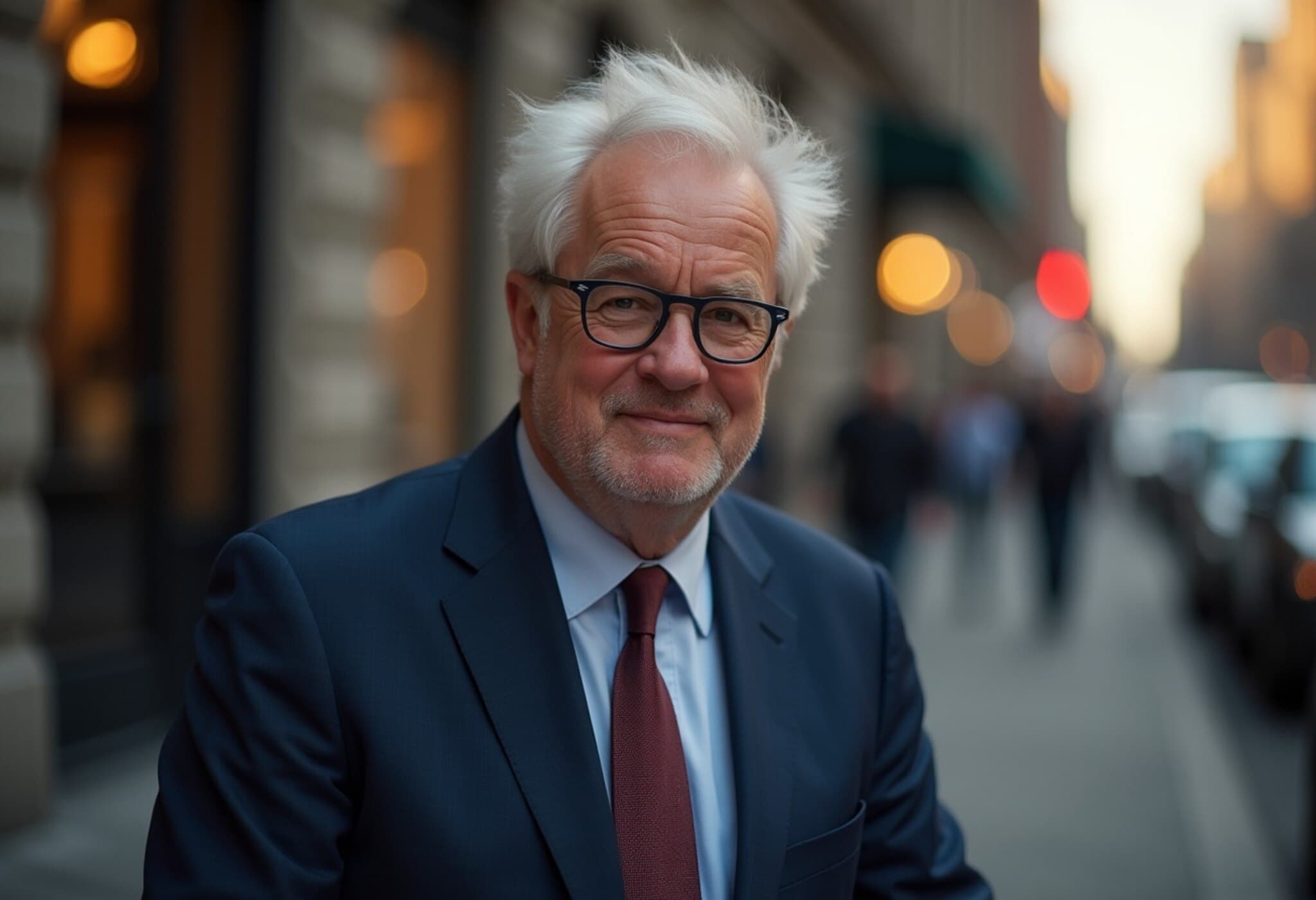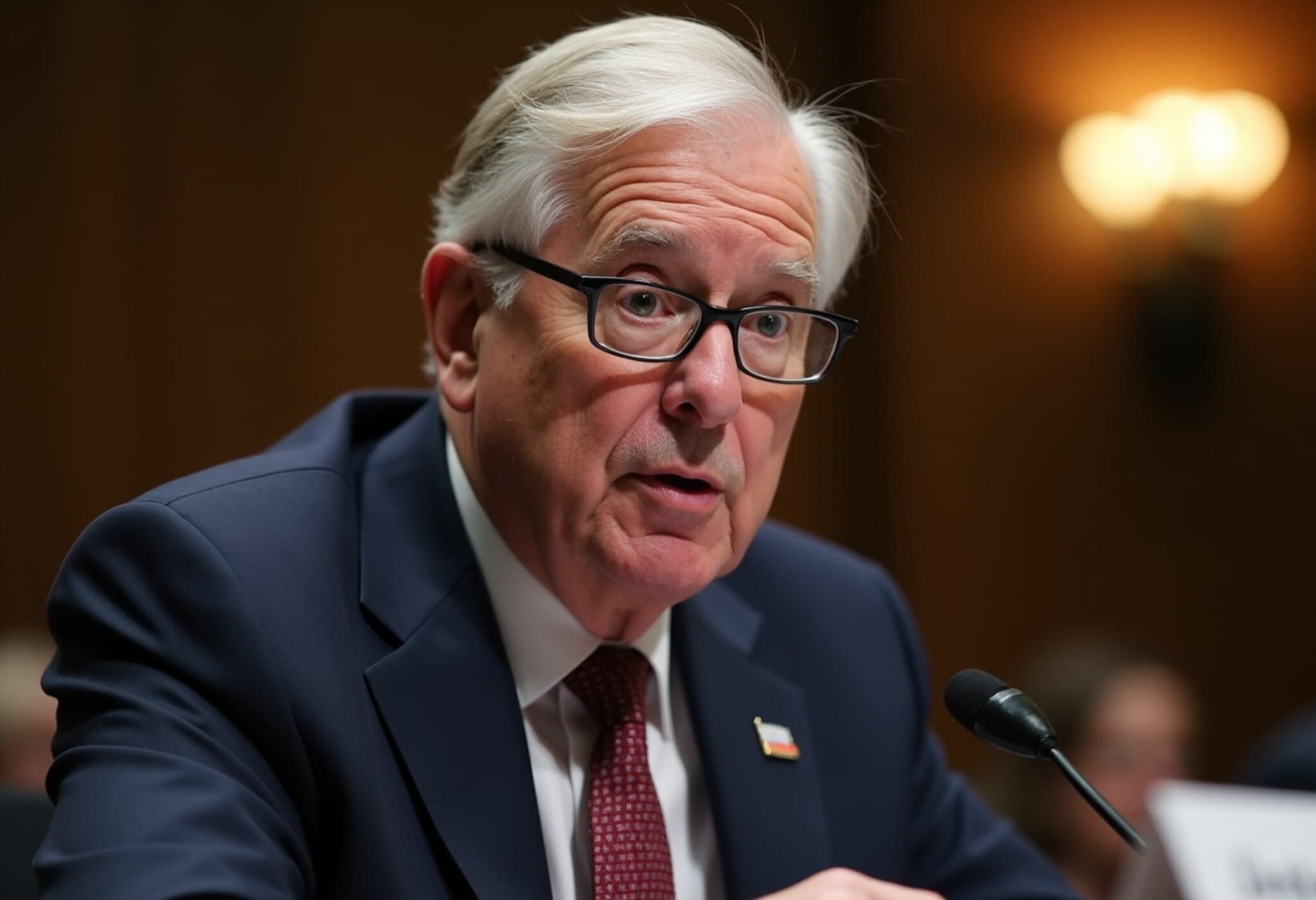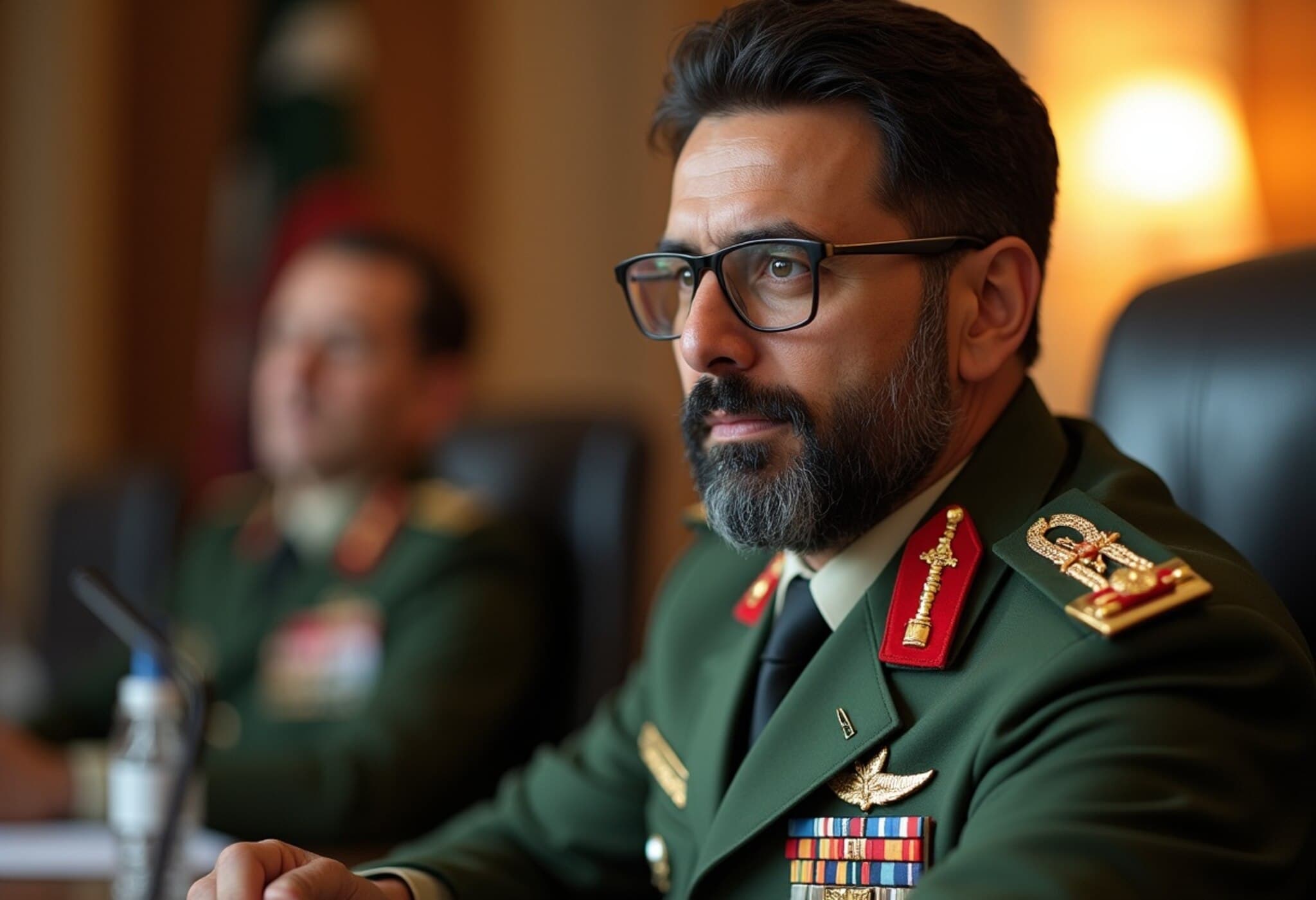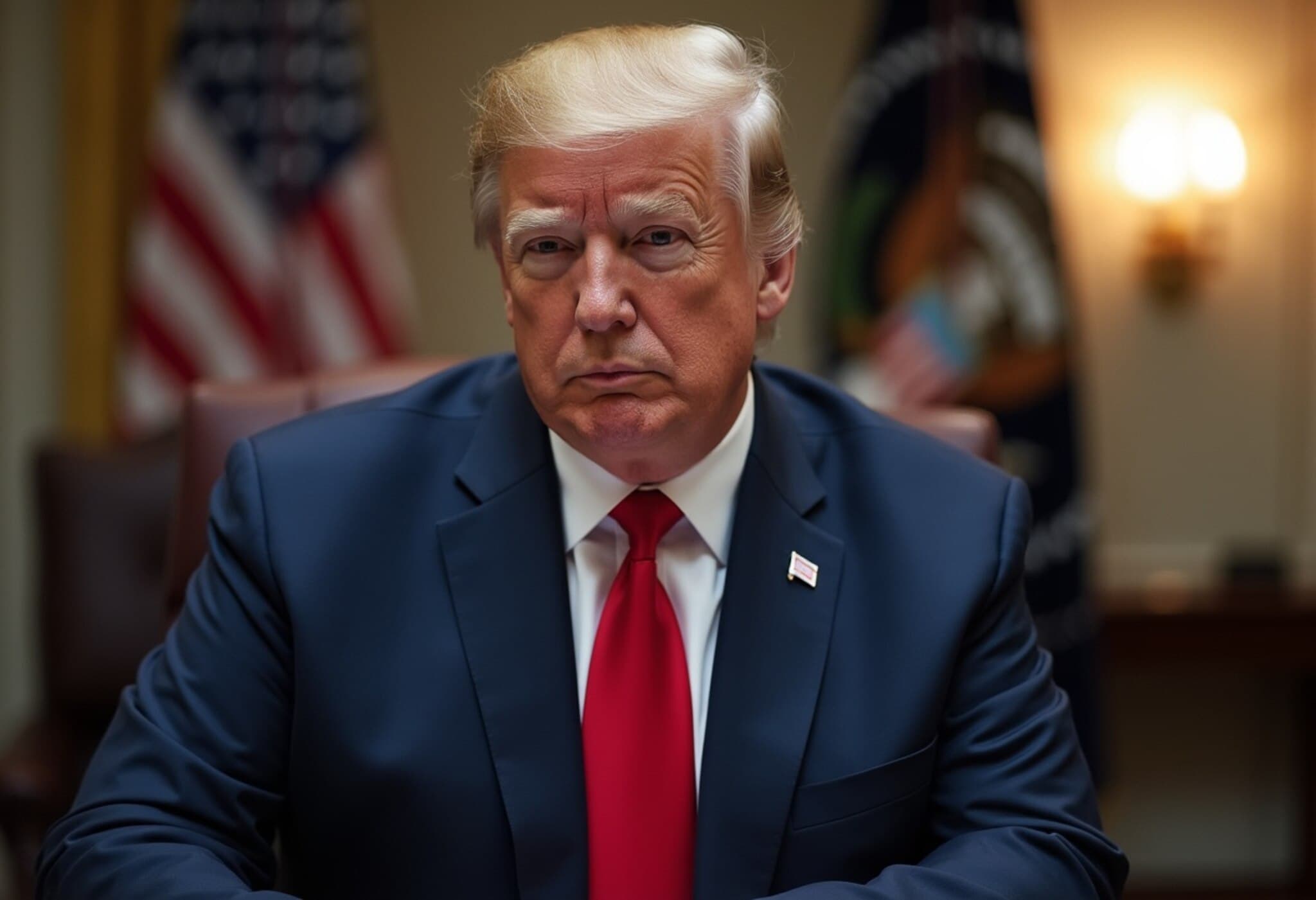Russia’s Economy Faces Uncertain Future Amid Signs of Recession
Russia’s once robust wartime economy, fueled largely by soaring defense expenditures, appears to be losing momentum. Economy Minister Maxim Reshetnikov issued a rare public warning that the nation stands on the brink of a recession, highlighting growing business pessimism and weakening economic indicators despite ongoing government efforts to maintain stability.
Cooling Indicators Amid Military Spending
Speaking at the St. Petersburg International Economic Forum—an event aimed at highlighting Russia’s economic capabilities and enticing foreign investment—Reshetnikov candidly noted, “The numbers indicate cooling, but all our numbers are like a rearview mirror.” He further stated that current business sentiment and trends suggest that the recession threshold might already be within reach.
Until now, Russia’s economy had shown surprising resilience despite stringent Western sanctions imposed after the 2022 invasion of Ukraine. Sustained defense spending has driven growth and kept unemployment rates low. Moreover, wage hikes, particularly in economically challenged regions experiencing military enlistment bonuses and death benefits, provided some financial relief to workers.
Mounting Challenges Beneath the Surface
However, economic experts caution that the wartime economic boost may not last. Inflation continues to undermine purchasing power, and a dramatic drop in foreign investment is dimming the prospects for long-term growth. Analysts emphasize that insufficient investment outside of defense sectors risks pushing the economy toward stagnation.
Government Policy Will Decide the Path Ahead
Reshetnikov stressed that the future largely depends on government decision-making. While he sounded an urgent note on the recession risk, other officials sought to temper concerns. Finance Minister Anton Siluanov acknowledged the downturn but optimistically remarked, “After any cooling, the summer always comes.” Similarly, Central Bank Governor Elvira Nabiullina described the state as the economy “coming out of overheating,” suggesting a period of adjustment rather than deep decline.
What Lies Ahead for Russia’s Economy?
- Increased Defense Spending has kept growth alive but may no longer be enough.
- Inflation remains a persistent obstacle, eroding consumer confidence.
- Foreign Investment remains scarce, restricting diversification and innovation.
- Economic Policy decisions in the coming months will be crucial in steering the nation through uncertain times.
As Russia grapples with these intertwined pressures, the coming months will reveal whether its wartime economy can adapt or if a recession is inevitable.

